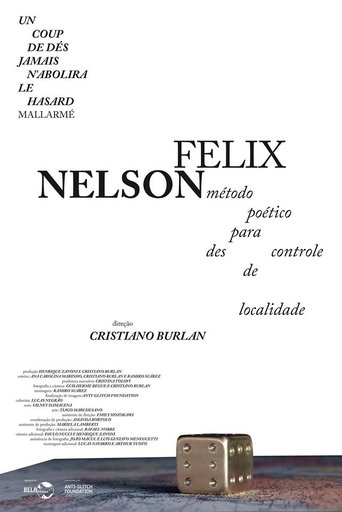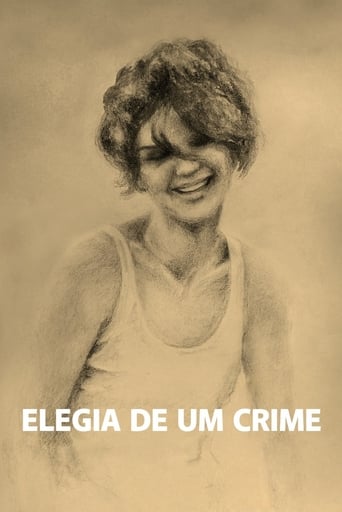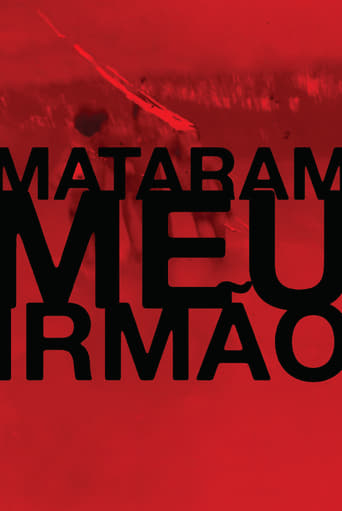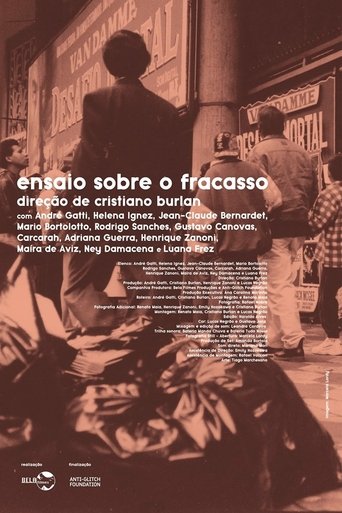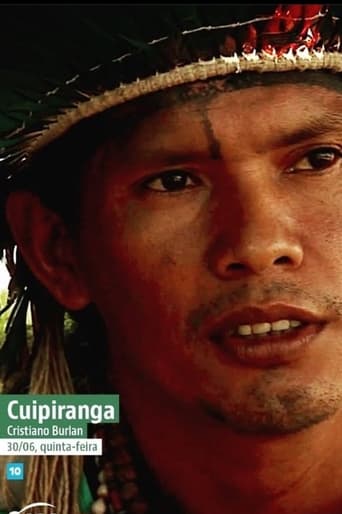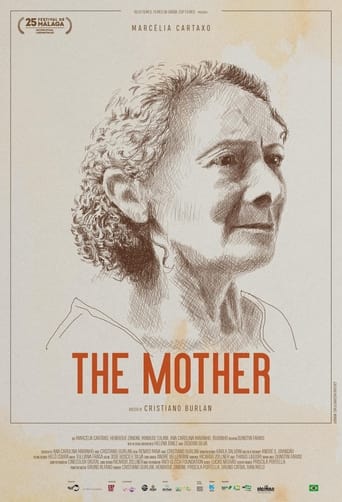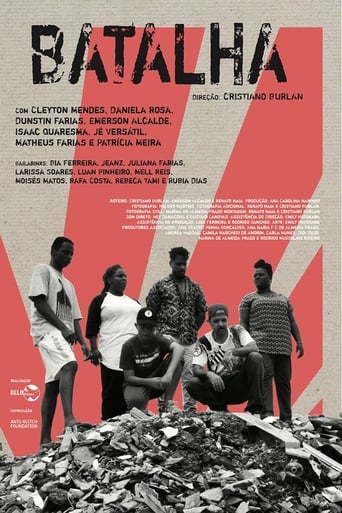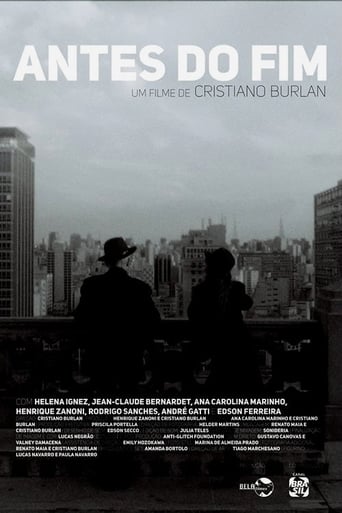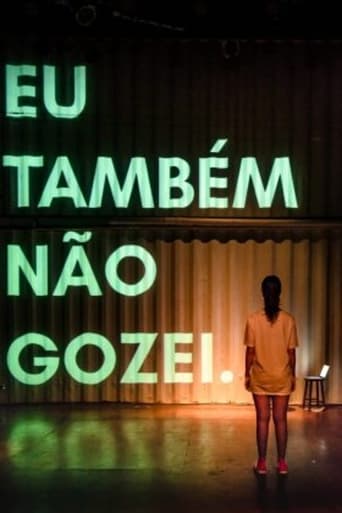Bela Filmes
Elegy of a Crime 2018
Uberlândia, Minas Gerais, Brazil, February 24th 2011. Isabel Burlan da Silva, the director’s mother, is brutally murdered by her partner. “Elegy of a Crime” is the final chapter of Cristiano Burlan’s “Mourning Trilogy, about the tragic family history. Faced with impunity, the film plunges into a dizzying journey to rebuild Isabel's image and life.
Amador 2014
Henrique is a filmmaker who has made films that hardly anyone saw. A marginal for lack of choice.
They Killed My Brother 2013
Reconstructing the details of the death of his brother, Rafael Burlan da Silva, twelve years ago, the filmmaker Cristiano Burlan launches a personal journey that leads to the heart of a cycle of violence in the outskirts of São Paulo — like the neighborhood Capão Redondo, where his family lived and where his 22 year-old brother was killed with 7 shots in 2001. Exploring his brother’s reasons for involvement with drugs and car theft, the director exposes parts of his own family history, listening to relatives and friends, whose testimonies bring to light the fates of several characters, mapping the history of painful emotional wounds.
Ensaio Sobre o Fracasso 2020
A projectionist at a porn cinema in downtown São Paulo, makes his first film in Super8, an essay about the failure of a lifetime. The scenes from the films you watched intersect with the new images they capture, fiction and reality blending together, weaving a bridge between the past and the present.
Cuipiranga 2010
In 1835, the revolt known as Cabanagem began in the province of Grão-Pará (Brazil), in which blacks, indigenous people, and mestizos rose up against the political elite and took power. The documentary Cuipiranga is a quest to record the testimonies of the descendants, in the lower Tapajós region, of this revolt that is considered the first popular insurrection that went from simple agitation to an effective seizure of power.
The Mother 2022
A street vendor who lives in the outskirts of São Paulo returns home at night and does not find her teenager son. After a nonstop search, she finds out the boy was killed by the police and his body is missing. This is the beginning of this woman’s vertiginous fight for the right to bury her son, a fight that will not only unveil the excessive violence of one of most lethal police forces of the world, but also how structural is racism in Brazilian society.
Batalha 2019
At the eastern end of the city of São Paulo, poetry is a reality.
Antes do Fim 2018
Jean feels trapped in the logic of longevity that the pharmaceutical industry imposes on him and decides to plan a conscious suicide. He invites Helena to commit suicide to two. She, on the other hand, hesitates, knows that she will live well even if she needs to live alone, but she helps him in his intentions. The silence between them does not reveal distance, but intimacy. These are years of shared affection. Together, they will prepare all the details for the funeral. He dances death while she continues rehearsing life. In the process, the two realize that before the end, there is still a lifetime.
Between 2019
Heightened physical desire can be both liberating and treacherous, as two women observe each other from their towers.
Construção 2007
The city of São Paulo in its continuous process of construction and deconstruction, seen from the microcosm of a construction site, its workers and as several machines in full activity.
Adelaide, Aqui Não Há Segunda Vez Para o Erro 2020
Who was Adelaide Carraro? Why is unraveling me a chore? Did I have more than 5 million books sold? One of the most read in Brazil between the 60s and 70s? Persecuted, accused of sensationalist, pornographic and author of a subliterature? Where are my tracks?
I did not come either 2024
Letícia discovers she is pregnant but does not know who the father of her child is. There are four possibilities. Despite being insecure and afraid, she gets in touch with the potential parents. Everyone claims that the child can’t be theirs because they didn’t come. She didn’t come either. The solitary pregnancy takes a turn. When the child is born, her restlessness takes shape: she goes on a quest to find out who her child’s father is. The pressure and overload on her reveal a cycle of violence. In an honest and direct way, the documentary is a trigger of unease, exposing the negligence of parental abandonment.
